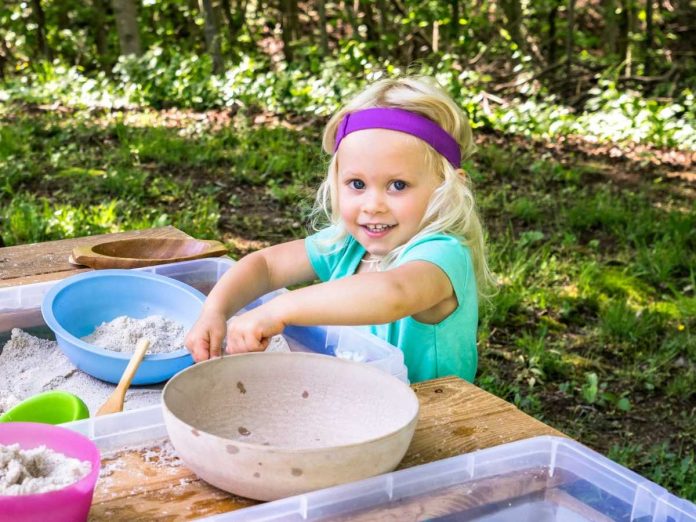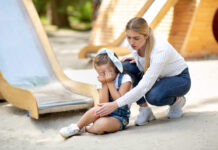Many parents, as well as those just planning to become, are thinking about the best methods for raising their child. Some adhere to the traditional way of upbringing, while others are for more modern variants. However, one method stood out as interesting and very popular. We are talking about a unique method of the early development of children whose founder is Maria Montessori. This fantastic woman was an excellent teacher and devoted her entire life to this revolution in education.
The philosophy of the Montessori idea is the child as a free individual. Although small, every child is a person from birth, every person has a desire to work and grow in harmony with their nature. Montessori fights against imposed ideas and promotes the discovery of the potential of each individual. The basic motto of the Montessori method does not teach children, but only helps them to do or learn independently. Mary presented methods that do not aim to reshape the child but to focus on his independent development. It is a game without competition, without comparison, without evaluation, without reward or punishment.
Through play, a child learns the world around him and creates his own pace of learning. They look at things from a different perspective, where they socially realize their characteristics and qualities. The child’s natural curiosity is stimulated.
Activities and games included in this program include motor stimulation, strengthening concentration, independence, developing manners of good behavior and self-confidence. The child learns completely spontaneously to be consistent with the work he does, to solve problems independently. The environment in which these methods are performed is specific and mostly made of natural materials.
Most of the activities proposed by this method can be performed outdoors, in the yard, or in nature. Fresh air and contact with nature are ideal for socializing with children. Away from computers, televisions, and telephones. Here is a little time for your little ones during sunny days, and we have singled out for you some of the most interesting activities suggested by the Montessori method, which can be reported outside your home.
1. Walking on a board
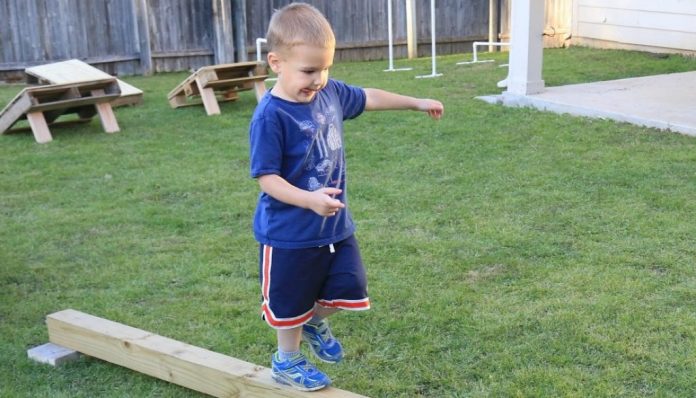
Seemingly uninteresting and too simple, but just about anything but uninteresting. This activity encourages children’s coordination of movements and may develop synapses. In addition, it improves balance. It is very easy to make a board on which a child can walk. We are sure that everyone in their backyards can improvise something like this. If you have decided to take a walk in nature, be smart and do not save your child when he wants to walk on the edge, on trunks, and similar measures. Maintaining balance and equilibrium can only benefit them.
2. Measurement on the scales
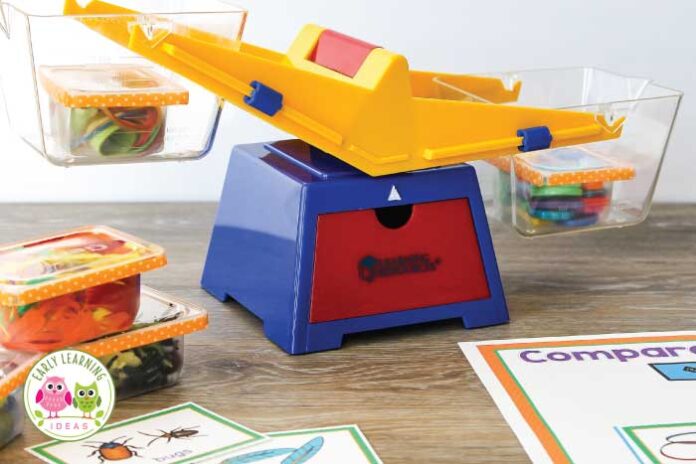
If you are outside, you are certainly surrounded by pebbles of different sizes. This game requires a scale, even if it was improvised. It is already fun for children to play with non-standard toys or things that only adults can use. Thus, they themselves feel “older” and an equal member of society. Measuring on a scale is not just a game in which a child will lose a little time. This is an active game in which the child needs to compare and make a difference between what is easier and what is harder. The child learns to measure the weight of certain things and only to assess what could be more difficult than something else. This is not a simple process at all, and it encourages the development of perhaps a twist and logic.
3. Gardening
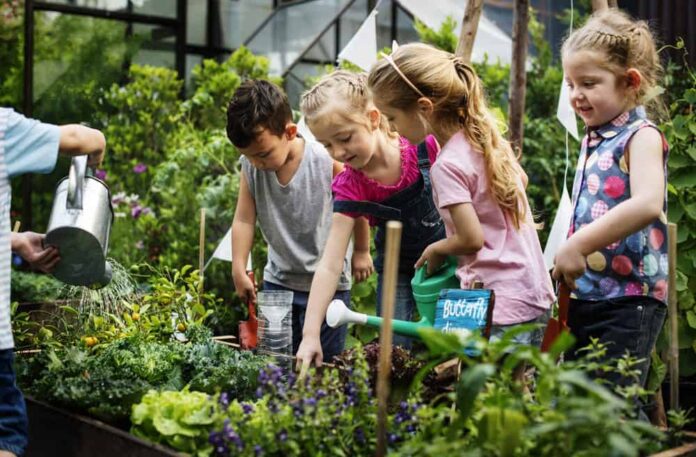
Mostly we do not allow the child to play among the plants or in the garden so as not to get dirty. A very big mistake. In this way, we separate him from nature and do not allow him to create a feeling of care for his environment. It is very desirable that the child also gets some tasks about the plants in the yard. Let it water with a small bucket or pluck the yellow leaves. It is important to become related to nature and learn that its environment is alive.
4. Playing in the mud
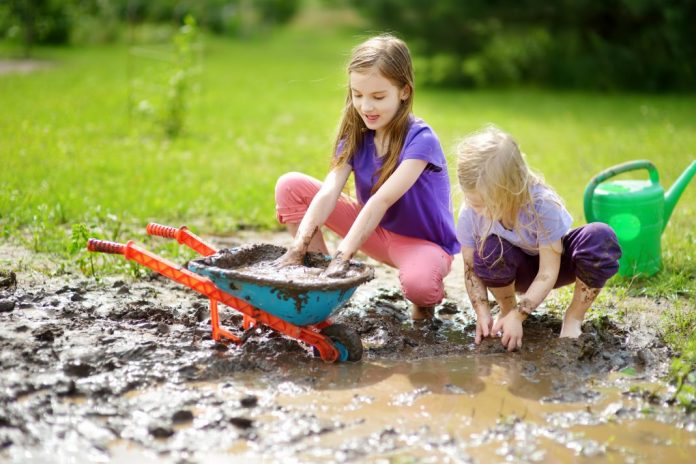
Another game that parents most often avoid is because they are afraid that children will get dirty, touch something else with dirty hands or maybe eat dirt. But don’t forget that children simply love to get dirty. They feel very free, and by making different shapes out of mud or sand, they stimulate their creativity. Watch all the children play in the mud or sand, you will be delighted with the ideas and fantasies that come out of that little head. Encourage them to build a large toddler tower and give support when it collapses. On this website you can find various devices that will help you with playing and everyday activities with your child.
5. Pebbles
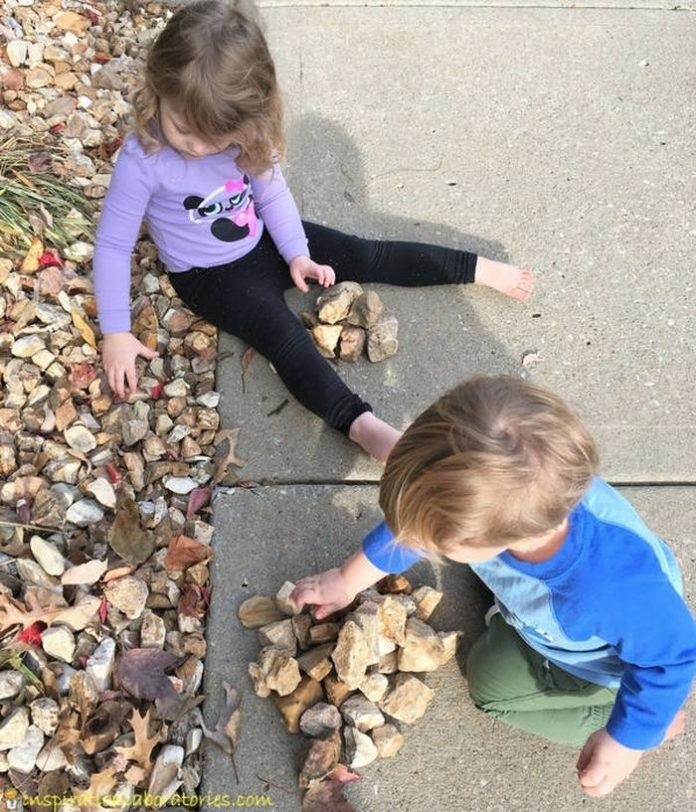
For this very creative game, you need absolutely nothing, except maybe a bucket of water or a brush. Turn your children at least for a moment into little archaeologists. Look for oddly shaped pebbles and give your child a brush or bucket of water to wash and stack in the proper place. By washing or brushing stones, the child develops and stimulates fine motor skills. By looking for meaning in different forms of stones, the child encourages the development of creativity and comparison.
6. Laundry

This activity sounds a bit strange, but the thing is simple. Children love to imitate the daily chores done by adults. Improvise and create an environment that your child can use for laundry. Let it be a small low tub with soapy and clean water and give him/her some dirty clothes. The child will enjoy but will also learn one important lesson: to do the work from start to finish. So there is not giving up. They will certainly be more aware of the washing process but also take more care of the process of soiling their wardrobe.
7. Polygon
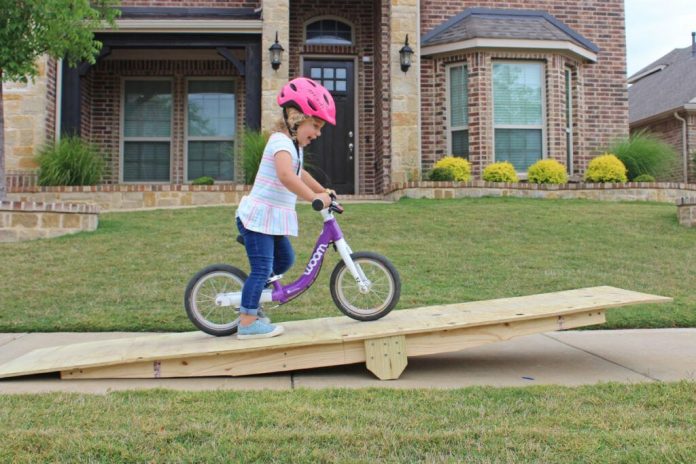
In the yard, on the promenade, or on the street with your escort, the polygon can be ready in less than a minute. Take colored chalks and draw an irregular hoop yourself or with the help of a child. It can be a marked track for a tricycle or rollerblades. You can also draw the obstacles that the child needs to avoid in order to be more interesting. In this way, the child stimulates gross motor skills but also balance.
Through these activities, Montessori tells us that children understand much more than adults think. Watch them perform these activities, and their smile will only confirm to you that they really understand much more. Their love and incorruptibility give meaning and indicate that the world can be a truly wonderful place.
